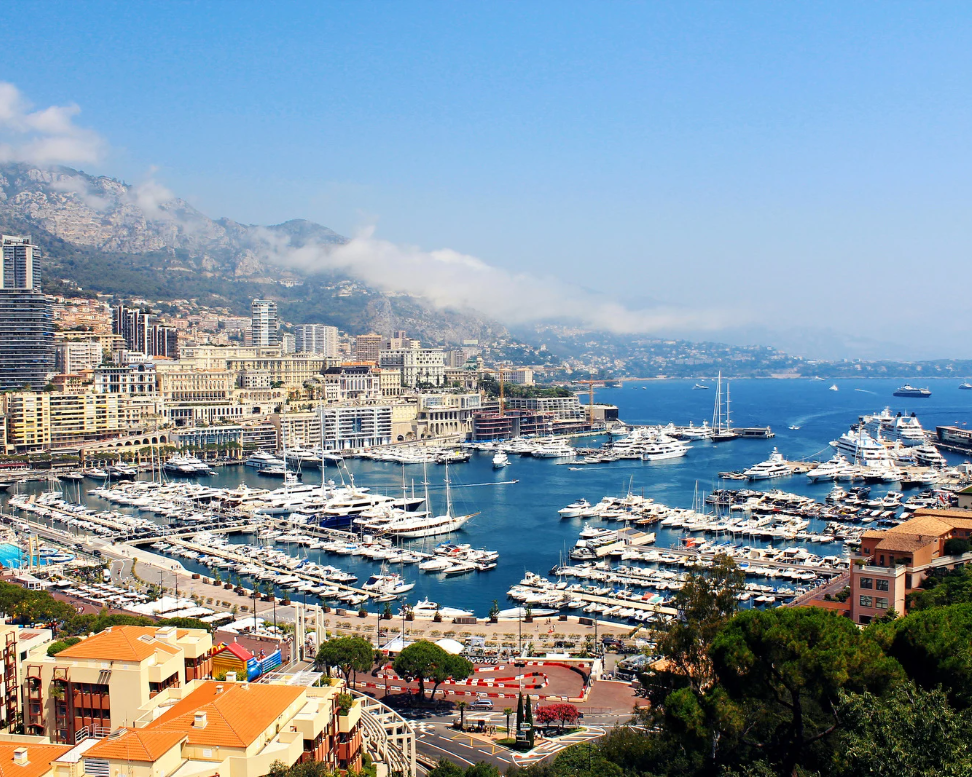Useful information: one of the main characteristics of the Principality is that the tax system for individuals is very attractive.
VAT, income tax (I.S.B.) and real estate transfer tax form the basis of the Monegasque tax system.
One of the advantages of the Principality, in addition to its climate and environment, is a so-called soft tax system for individuals. Indeed, the absence of any income tax is the result of an ordinance issued in 1869 by Prince Charles III.
The only direct tax levied in the Principality is the tax on the profits of industrial and commercial activities. There is no wealth tax, property tax or housing tax in the Principality.
Residents of the Principality, with the exception of French nationals, are not subject to income tax. However, this only concerns activities or persons effectively and genuinely established on Monegasque territory.
Inheritance or gift tax applies to assets located in Monaco or based there, regardless of the domicile, residence or nationality of the deceased or donor (subject to the provisions of the Franco-Monegasque Convention of 1 April 1950).
The level of taxation is based on the degree of relationship between the deceased and his heir:


However, there are registration fees (excluding notary fees) either proportional or fixed. The fixed fee is usually €10.
The most commonly used rates in real estate are :
There may also be situations where VAT is charged at a rate of 20%.


The only direct tax levied in the Principality is the tax on the profits of industrial and commercial activities.
However, only companies which carry out an industrial or commercial activity and which generate more than 25% of their turnover outside Monaco are subject to this tax.
The taxable profit is established after deduction of all charges, in particular the remuneration of the operator, directors or managers exercising an effective activity within the company. The tax rate is 33.33 %, it being understood that capital gains arising from the sale of fixed assets during the course of the business may, under certain conditions, be exempted from tax provided they are reused. On the other hand, this rate should only represent 25% in 2022.
Companies created in the Principality, which are subject to income tax and which develop a genuinely new activity are exempt from this tax for the first two years. They benefit from a favourable regime for the following three years.
On the other hand, administrative offices are also subject to the I.S.B. and are taxed at a reduced rate on a flat-rate basis corresponding to the allowance necessary for their operation. Value added tax (VAT) is levied on the same basis and at the same rates as in France; the intra-Community VAT system has been applicable since 1 January 1993.